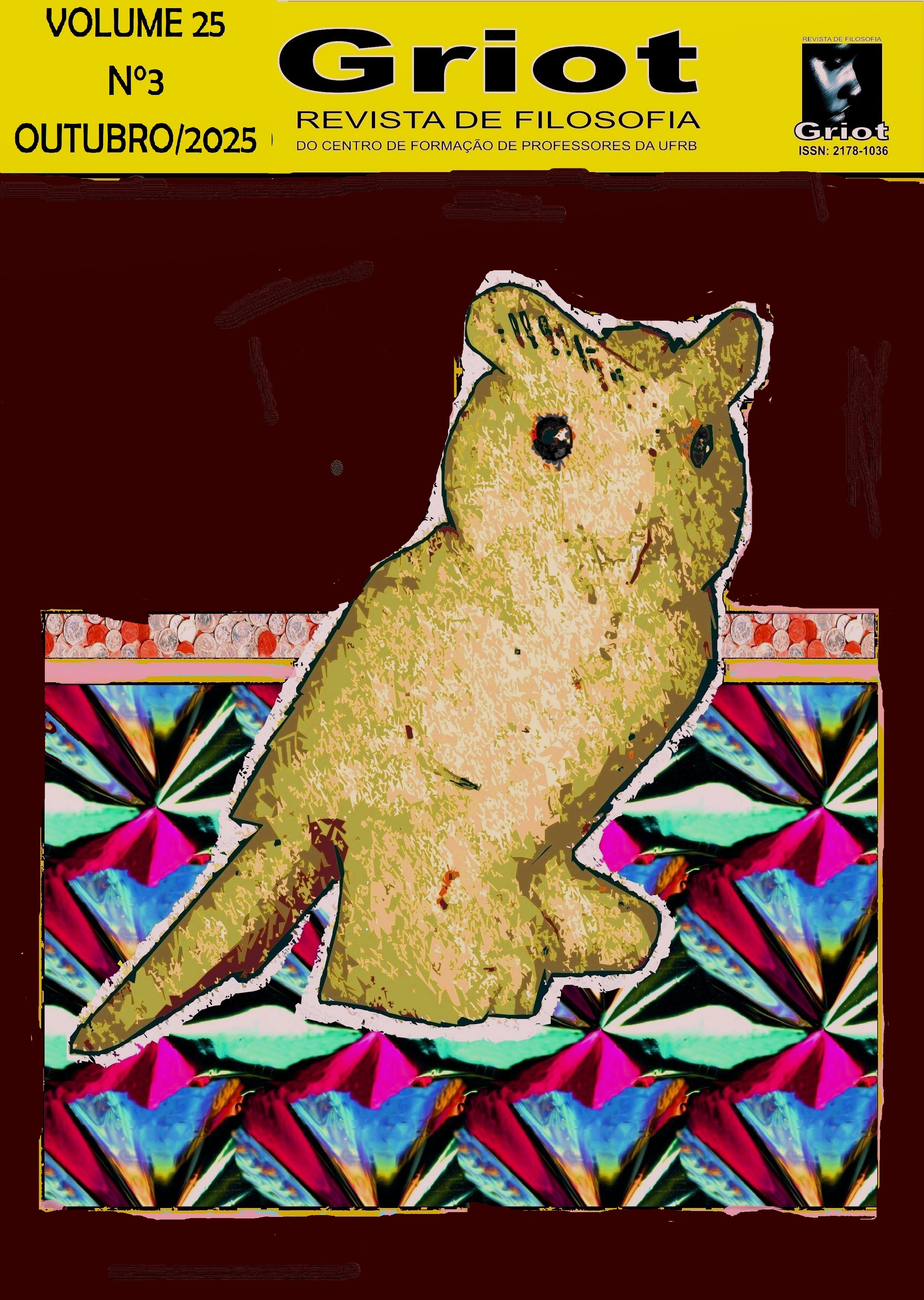The economic rationality of classical penal humanism
DOI:
https://doi.org/10.31977/grirfi.v25i3.5383Keywords:
Prison Reform; Utility; Humanism; Economic Rationality.Abstract
In the most representative humanist projects for the reform of criminal justice developed in the eighteenth century, we find a program for a new crime policy that is doubly marked by an economic framework: the assumption that men allow themselves to be governed through the political-legislative management of their interests, and the attempt to exhaustively promote the efficiency and utility of the resources employed in the execution of punishments. My aim is to highlight that the threshold of demands for humanitarian changes and safeguards in penal systems is embedded within the modern context of the growing prominence of the economic sphere. I argue that the acceptance of reason guided by the balance of advantages, conceived in light of alleged original dispositions of action, enables a type of economic rationality that claims to set human limits on the right to punish, and implies a significant theoretical component in the modern process of economically framing conduct in the formation of self-consciousness.
Downloads
References
ARENDT, Hannah. A condição humana. Rio de Janeiro: Forense Universitária, 2016.
BECCARIA, Cesare. Dos delitos e das penas. Lisboa: Fundação Calouste Gulbenkian, 2017.
BECCARIA, Cesare. On crime and punishments and other writings. Cambridge texts in the history of political thought. Cambridge: Cambridge University Press, 1995.
BENTHAM, Jeremy. O panóptico ou a casa de inspeção. Belo Horizonte: Autêntica, 2008.
CONTI, Thomas Victor & JUSTUS, Marcelo. A história do pensamento econômico sobre crime e punição de Adam Smith a Cesare Beccaria. Textos para discussão. Instituto de Economia da Unicamp. Campinas-SP, maio de 2016.
FOUCAULT, Michel. Microfísica do poder. São Paulo: Graal, 2011.
FOUCAULT, Michel. Segurança, território, população. São Paulo: Martins Fontes, 2008.
FOUCAULT, Michel. Vigiar e punir: nascimento da prisão. Petrópolis-RJ, Editora Vozes, 1997.
HOBBES, Thomas. Behemoth o el parlamento largo. Madrid: Editorial Tecnos, 1992.
HOBBES, Thomas. Do cidadão. Tradução, apresentação e notas de Renato Janine Ribeiro. São Paulo: Martins Fontes, 2002.
HOBBES, Thomas. Leviatã. Ou matéria, forma e poder de um Estado Eclesiástico e Civil. Trad. João Paulo e Maria Beatriz Nizza da Silva. São Paulo: Abril Cultural, 1974.
HOBBES, Thomas. On man. In: GERT, Bernard; WOOD, Charles T.; SCOTT-CRAIG, T. S. K (ed.). Man and citizen. Anchor Books, 1978.
HOBBES, Thomas. Os elementos da lei natural e política. São Paulo: Martins Fontes, 2019.
HOBBES, Thomas. The elements of law, natural and politics. Oxford: Oxford University Press, 1888.
LOCKE, John. Segundo tratado sobre o governo. Ensaio sobre a verdadeira origem, alcance e finalidade do governo civil. Porto: Fundação Calouste Gulbenkian, 2007.
MANDEVILLE, Bernard. A fábula das abelhas ou vícios privados, benefícios públicos. São Paulo: Editora Unesp, 2017.
SORELL, Tom. Hobbes, Locke and state of nature. HUTTON, Sarah and SCHUURMAN, Paul (Eds.). International archives of the history of ideas. Dordrecht, the Netherlands: Springer, 2008. pp. 27-44.
Downloads
Published
How to Cite
Issue
Section
License
Copyright (c) 2025 Cicero Josinaldo SILVA OLIVEIRA

This work is licensed under a Creative Commons Attribution 4.0 International License.
The authors who publish in Griot: Revista de Filosofia maintain the copyright and grant the magazine the right of first publication, with the work simultaneously licensed under the Creative Commons Attribution 4.0 International License, allowing sharing and adaptation, even for commercial purposes, with due recognition of authorship and initial publication in this journal. Read more...









































































